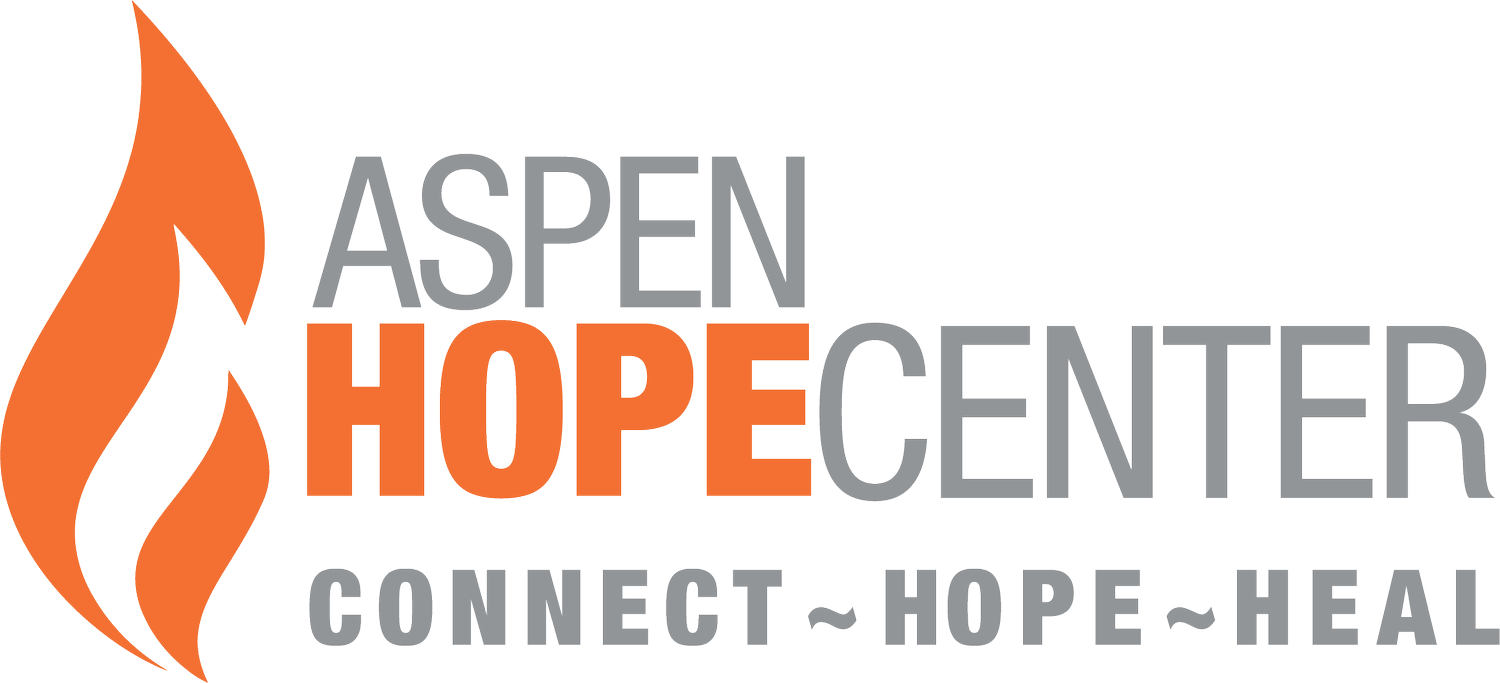Aspen Hope Center’s education, outreach efforts train masses in mental health support
Trainings help people make connections to professional help
Kaya Williams, The Aspen Times
kwilliams@aspentimes.com
March 6, 2022
Since its beginnings in 2010, the Aspen Hope Center’s focus has been on mental health education and suicide prevention training as much as on crisis intervention and response.
That outreach effort is critical to the Roaring Fork Valley nonprofit’s work specializing in mental health crises because it’s the people who don’t reach out for help — or don’t know how to reach out — who are most often left in the lurch, according to executive director Michelle Muething.
“In our history, we’ve learned that … most of the individuals who die by suicide (in our valley) had never walked through our door,” Muething said.
The question, then, became how to reach those people who aren’t already aware of the Hope Center — the ones who might not know how to seek help when they are in crisis, or might not be apt to seek it out on their own. (The goal of education is threefold: “to reduce stigma, to raise awareness, and to empower people to get help for someone they’re concerned about or for themselves,” Muething said.)
“Well, you can try to reach those people by having a hotline, and you publicize that hotline, and they can call it” — which the Aspen Hope Center very much does do — “but you’re going to be better off reaching those people by doing education efforts, because you reach the 20 people maybe, or one of the 20 people in their social network, who know them, and know that something’s wrong,” Muething added.
In short: “Find the people who know the individuals who might be struggling, just in case that individual doesn’t see a sign on a bus with a phone number,” Muething said.
Hence the Hope Center’s extensive efforts, which have been in place from the get-go and now are reaching more than double the number of people compared to pre-pandemic numbers.
Sessions have long been offered in a variety of different settings, all focused on training what Muething refers to as “laypeople” rather than training mental health professionals.
The Hope Center partners with schools, businesses, nonprofits and municipalities up and down the valley to offer the trainings, most of which focus on the “Question, Persuade, Refer” (QPR) suicide prevention method. The program is 50 minutes long — primed to be offered in a single class period or a lunch and learn session — which makes it accessible and digestible to a wide audience, according to Muething.
For most of the nonprofit’s history, the work was led by Muething and two other Hope Center clinicians; up until 2020, the Hope Center trained about 1,000 people a year, Muething said.
Then, two years ago, the Hope Center hired a full-time education and outreach coordinator. The COVID-19 pandemic tamped down in-person training programs, but efforts are back in full swing now, organized by the current coordinator Sonja Linman, who has nearly three decades of experience in public education.
The reach has expanded well beyond its previous averages as pandemic limitations tapered off and programming ramped up.
Linman said that in less than a year, the Hope Center has trained nearly 2,200 people and counting. Emily Farrell, a counselor based in Aspen, has been leading some of those trainings in the upper valley as Linman focuses on expanding outreach in the lower valley, Linman said.
Linman wants to ensure that everyone is on common ground when it comes to crisis and suicide, and she’s optimistic that foundation is getting stronger.
“My work is to build our community safety nets, and to shore that up and make sure that we are using common knowledge, common training, common language, and that we’re working together collaboratively so that we continue to build an understanding on that basic, base level,” Linman said.
That quantifiable data translates to a qualifiable impact, too. Basalt High School counselor Kelly Donnelly has seen that manifest first hand.
“I think they value the information, and I had a student that came and talked to me afterwards, realizing that there was stuff going on in their life and was just like, ‘Oh yeah. I think I need some help — after that presentation, I realized I just need the extra support,’” she said. “So even just hitting one student and having them be aware that we’re here for them, I think that that is impactful enough to make it meaningful to continue with doing trainings along those lines.”
At Basalt High School, Donnelly and a school prevention and intervention specialist led the trainings because they felt comfortable with the topic and wanted to have a “familiar face,” Donnelly said. She has “always leaned in on the Hope Center to guide me through that training and just be there for support,” Donnelly said.
Donnelly, Linman and Muething all emphasized that these trainings are intended to help people make connections to professional help, not become proxies for it.
“We’re not asking you to be the one that saves them. Right? We’re asking you to be the one that connects them,” Donnelly said.
Click here to access the article online.
